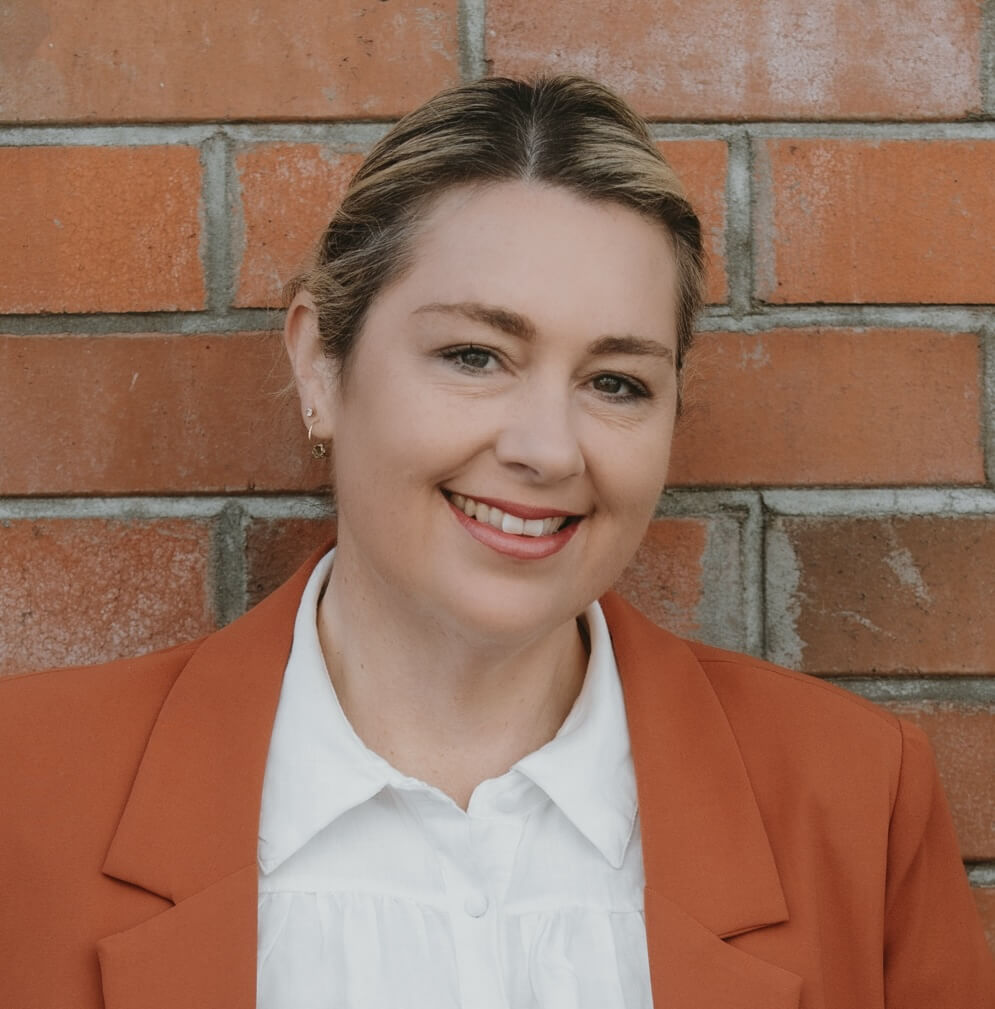
Cambridge Community Board

Charlotte FitzPatrick – 2025
Charlotte FitzPatrick – Cambridge Community Board
1. Should councillors sit on the two community boards or should it be just those elected to the board by the public for that specific role? (50 words)
Councillor representation on community boards should strengthen alignment with council priorities. But effectiveness depends on a successful and seamless feedback loop where board insights are actively captured and used to inform council decision-making. Without that, their representation risks being symbolic rather than impactful.
2. Would you support a Māori ward seat on the community boards? (50 words)
I’d support and champion what our community needs and asks for. If a Māori ward seat is seen as a meaningful step toward true Te Tiriti partnership and ensuring Māori voices are represented in decision-making, then I’d absolutely support creating space for Māori leadership and contribution.
3. Should the central business district be the main hub for retail and business or should the 15 minute neighbourhood strategy in Ahu Ake be adopted? (50 words)
The town centre should remain the priority for retail and business. It’s the heart of Cambridge. However, I support aspects of the 15-minute neighbourhood strategy that enhance local access and liveability, provided they complement, not compete with, a vibrant and thriving CBD.
4. Community board chairs sat in on annual plan, long term plan and other council business during this term. Is that a good thing or it doesn’t go far enough? Te Kanohi representatives have speaking and voting rights at committee meetings, should community board chairs be allowed to have that also? (50 words)
It’s a good step, but it doesn’t go far enough. Community board chairs bring valuable local insight and should have speaking and voting rights at committee meetings, just like Te Kanohi representatives. Strengthening their role would improve representation and ensure community voices are better reflected in council decisions.
5. In the case of the Blue Blob in Cambridge and the Kihikihi Cycleway, the community boards weren’t consulted before it was too late. Should community boards be more involved at an earlier stage? (50 words)
Community boards must be involved earlier in local projects. Early engagement ensures local views and concerns are considered before decisions are made, not after. It’s about respecting community voices and avoiding costly mistakes that could have been prevented with timely engagement.
6. A member of the Cambridge Community Board was on the earlier Cambridge Connections project group but was sworn to secrecy and unable to report back to the board. Was that fair? (50 words)
No, that’s not fair or transparent, and it’s not in the best interests of the community. Community board members must be able to report back and represent their communities openly. Secrecy undermines trust and prevents boards from contributing meaningfully to projects that affect our people.
7. Community advisors were appointed during Covid and the position still exists today. Should they report more regularly through to community boards? (50 words)
I’m unsure about the specific reporting expectations or the relevance of their role today. But yes, community advisors and other roles/departments should report more regularly to the board. It’s vital local ideas, concerns, and views are heard and responded to consistently to ensure decisions reflect what matters most to Cambridge.
8. What sort of decisions could community boards be involved with to take away pressure on councillors? More delegated authority? (50 words)
It depends on the context. Without clarity on what decisions would be delegated or what pressure councillors are facing, it’s hard for me to say. However, I support exploring opportunities for community boards to take on more localised decision-making where it improves responsiveness and better reflects community needs.
9. Should community boards have more funding available for discretionary grants? (50 words)
I support community boards having access to discretionary grants, but we shouldn’t rely on council funding alone. Many initiatives could be supported through sponsorship or other funding channels. Encouraging diverse funding sources ensures council funds are allocated where they’re needed most.
10. Do you believe Waipā District Council should continue to have community boards? (50 words)
I previously raised concerns in 2021 about community boards not fulfilling their advocacy role and adding to the complexity of local government. However, I’m standing to help change that. Community boards are here today, and should be a platform for strong local advocacy and meaningful community representation. I’m here to listen and represent you.
See: Cambridge Community Board candidates – in their own words








